Worries for the Kremlin?
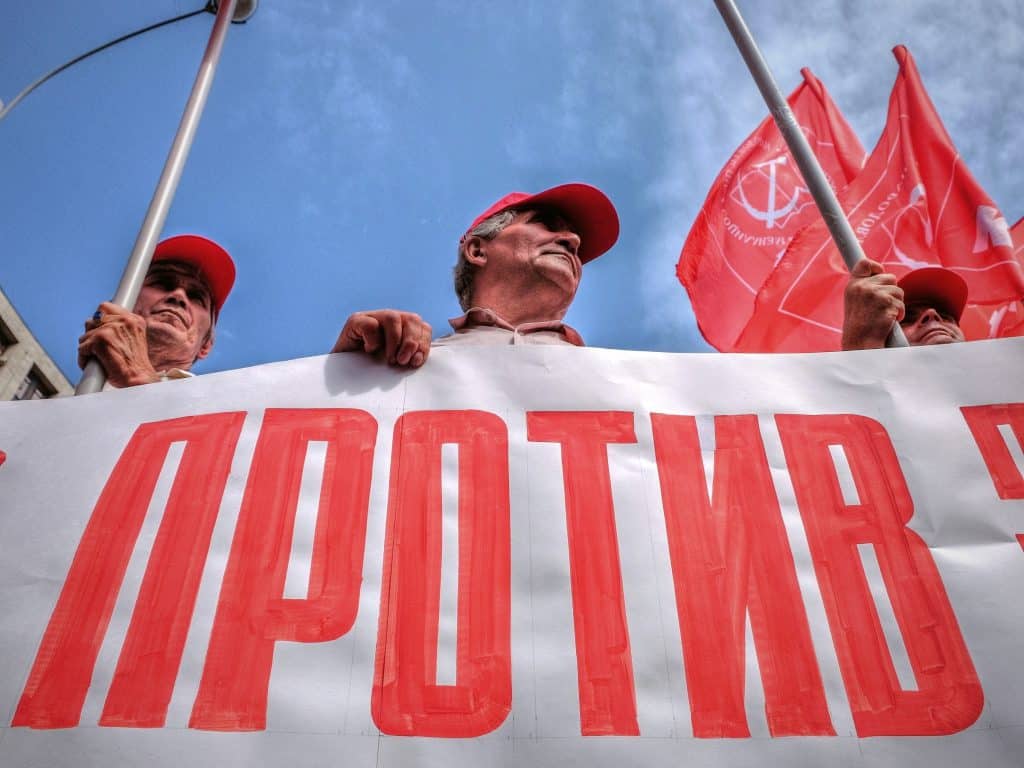
In the past weeks, thousands of people have protested in different cities across Russia against the pension reform plans announced by the Kremlin. The protests climaxed on September 9, the day of the regional elections, with nationwide rallies called for by opposition leader Alexey Navalny, who himself had been put in jail just two weeks beforehand. Protesters at the rallies, held in 33 cities, shouted slogans like 'Putin is a thief' and 'Away with the tsar.' State police arrested, sometimes violently, and jailed more than 1,000 people, of whom 452 in St Petersburg alone. While protests in Russia are not uncommon, it seems that this time they have the Kremlin worried and looking for ways to win the public back.
Political temperature rises in Romania
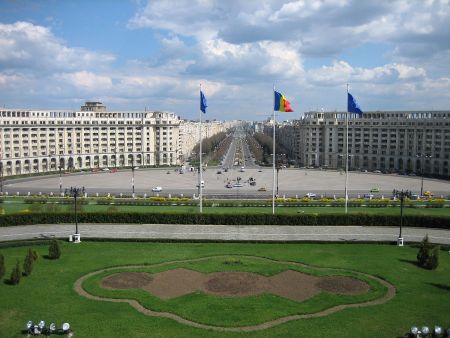
Summers regularly reach 40 degrees in Bucharest. Tempers are also heating up in politics just as cucumber time is approaching.
To Censor or Not to Censor, That is the Question
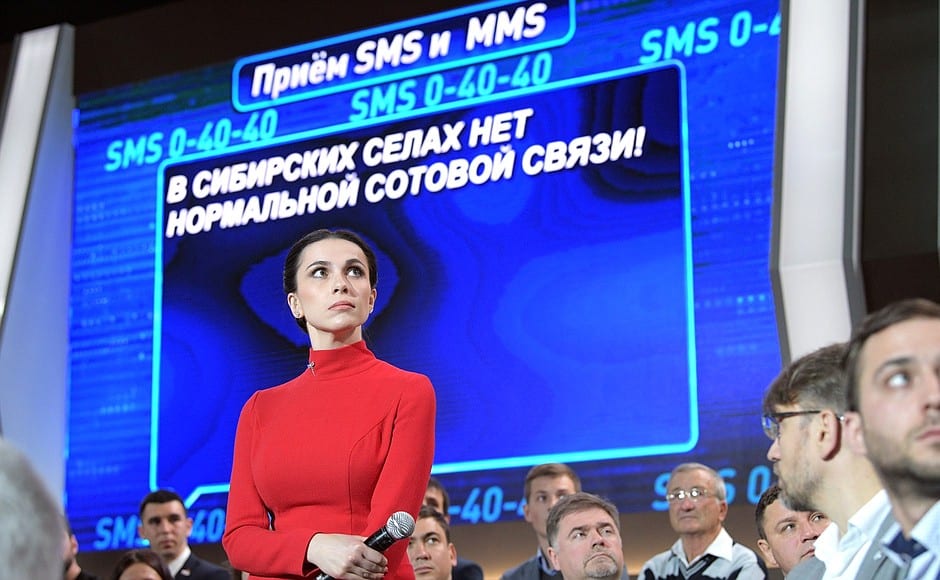
In his annual Direct Line on Thursday, June 7th, Russia's President Vladimir Putin dedicated four hours to addressing complaints, questions and concerns by Russian citizens on live television. The questions were submitted on a rolling basis per text message, through the website moskva-putinu.ru or on live video call, and were aired on screen. As opposed to the previous years, the Kremlin decided not to include a live audience, but instead to expand in regards to ministers and governors who were put on conference call in relevant matters. The Direct Line is a carefully mapped out event, allowing no room for improvisation, and every step is carefully staged to achieve a goal. Thus, certain aspects that may seem unpredicted to viewers serve a clear purpose. Overall, various aspects of the Direct Line formidably show that Putin is pursuing a new strategy to place himself at the front of his government, and the format of the show is arguably a tool to achieve the goal of both uniting his people and improving his image among youth and critics.
#TAMAM - Turkey's Social Media Stays Strong
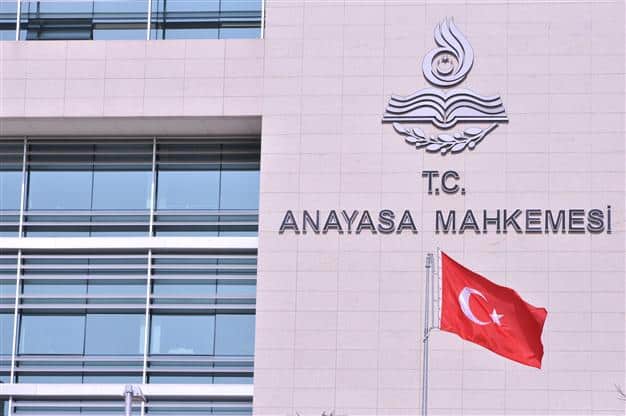
Turkey's President Erdoğan was re-elected as head of government for the next five years, and his next term is bound to continue the streak of limiting the freedom of press and prosecuting opponents. Throughout the election campaigns, opposition parties were seriously limited by the ongoing state of emergency, and had to resort to creative methods to attract voters. In fact, oppositional parties expressed such energy that, until the results of the elections rolled in on Monday, June 25th, observers speculated that there was a real chance of challenging Erdoğan's majority rule. Although Turkey remains a polarised country, social media has become the go-to approach for change-makers.
Zimbabwe chooses: fair elections, transformation or back to square one?
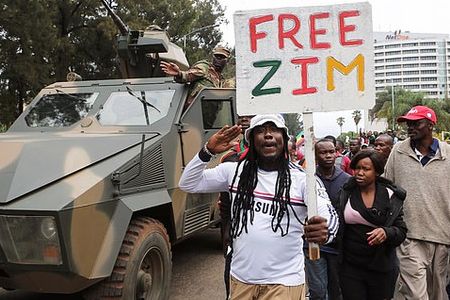
When Emmerson Mnangagwa took office as Zimbabwe's new president, on 24 November 2017, he promised to call new, fair and transparent elections. Mnangagwa appears to be fulfilling this promise, at least in part. Presidential and parliamentary elections will take place in the country on 30 July. For the first time in three decades, the political playing field during the elections will look different. Because Robert Mugabe, who was in power for 37 years, was sidelined by the army last November, the battle will be mainly between Mnangagwa and Nelson Chamisa (MDC-T). These elections are essential for Zimbabwe's democratic, economic, political and social transformation.
Majority for Hezbollah and allies in new Lebanese parliament
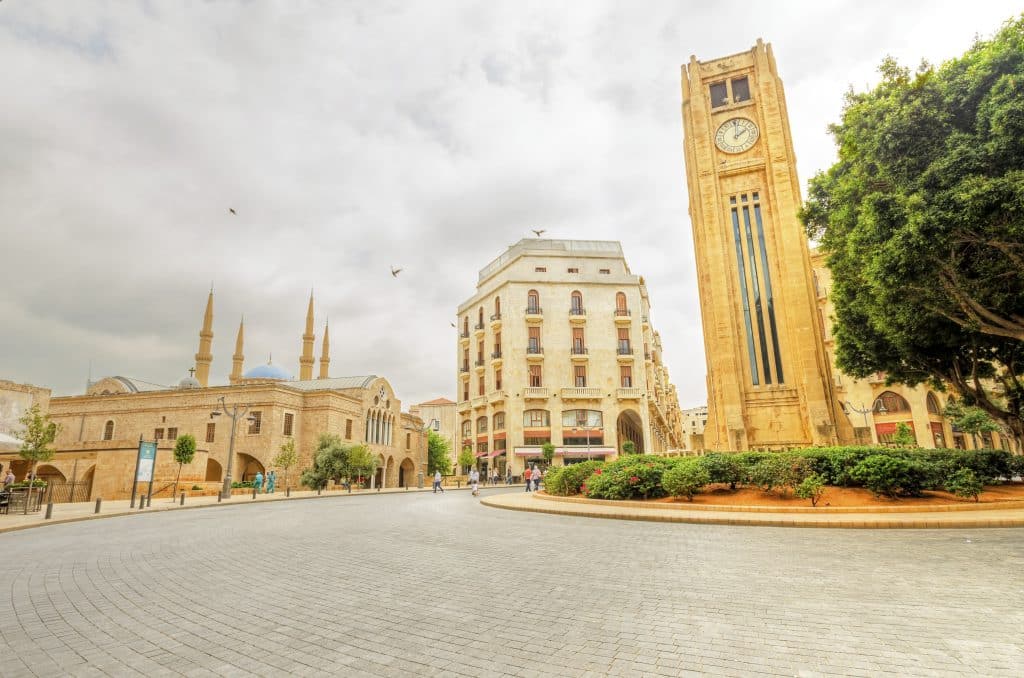
Lebanese had to wait almost nine years for it, but this month they were finally allowed to go to the polls to elect a new parliament. Years of struggle, a presidential vacuum, a new electoral law and the prime minister's announced-but-not-executed departure preceded it. The outcome seemed certain, but still delivers some big surprises. Hezbollah and allies win the majority and Prime Minister Hariri's Future Movement (FM) takes a big hit: from 26 to 19 seats. All parties want a cabinet to be formed soon to tackle the sky-high public debt and boost the economy, but at the same time one blockade after another is being put up. The winners smell their opportunity to bring in more ministries.
Armenia's Velvet Revolution
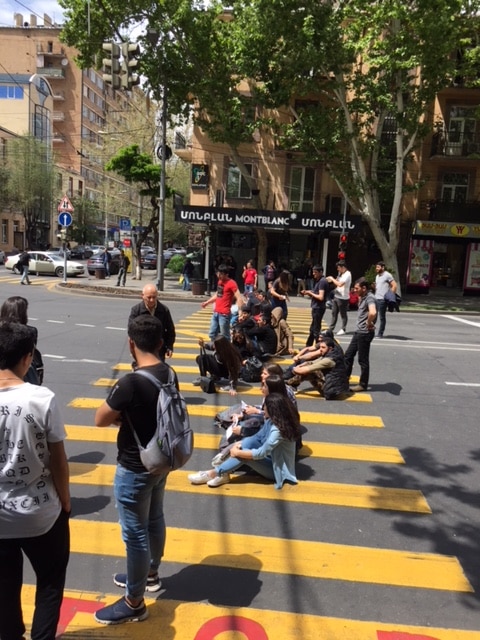
On 8 May, after weeks of mass protests, a new prime minister was appointed in Armenia: Nikol Pashinjan, the leader of the Armenian Velvet Revolution. Driving the protests were students and other young activists. The FMS asked one of those activists, 20-year-old Ozheni Avetisyan, to write about her experience of this revolution. Want to read Avetisyan article? Then click on read more.
Will you be our new intern(s)?
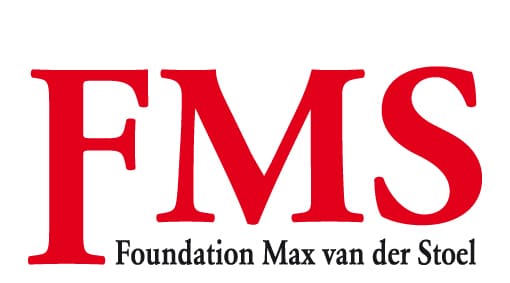
Do you have an affinity with international politics and want to know what it is really like at a political organisation? Then an internship at the FMS might be for you!
Western Balkans expectations on eve of European summit
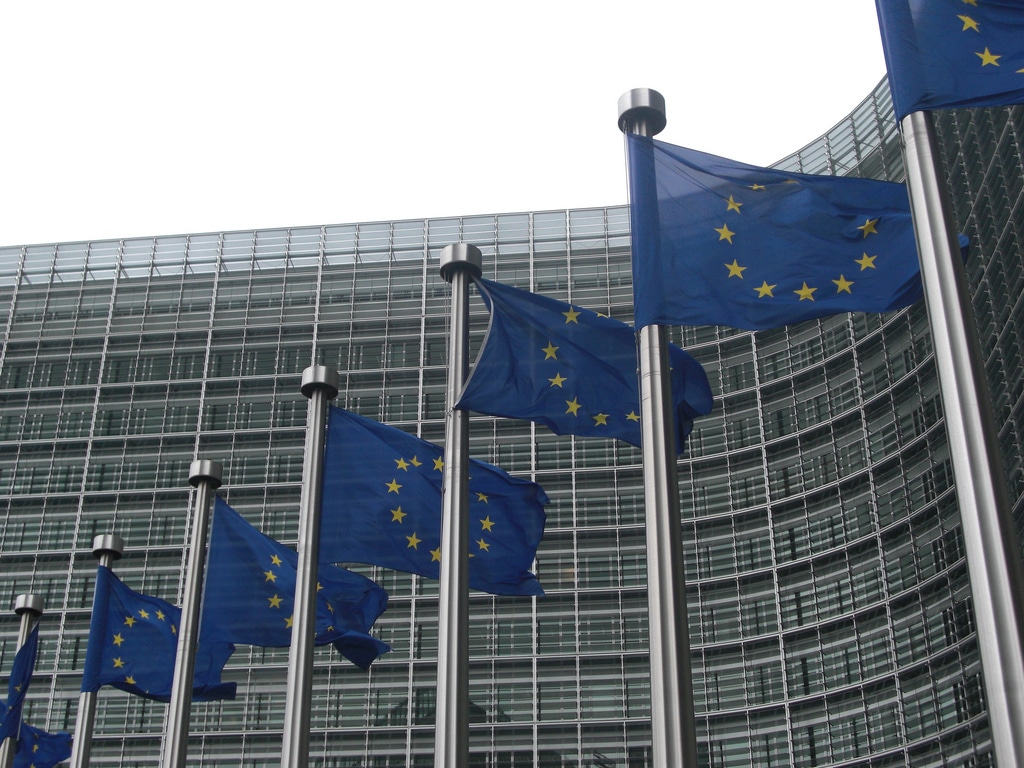
Will we ever be part of the European project? That is the question all Western Balkan leaders are asking as they prepare for the big summit. After French President Macron's statement, no enlargement until the EU itself puts its house in order, last month in Strasbourg, their dreams shattered.
In power since 1991: Djukanovic wins presidential election in Montenegro
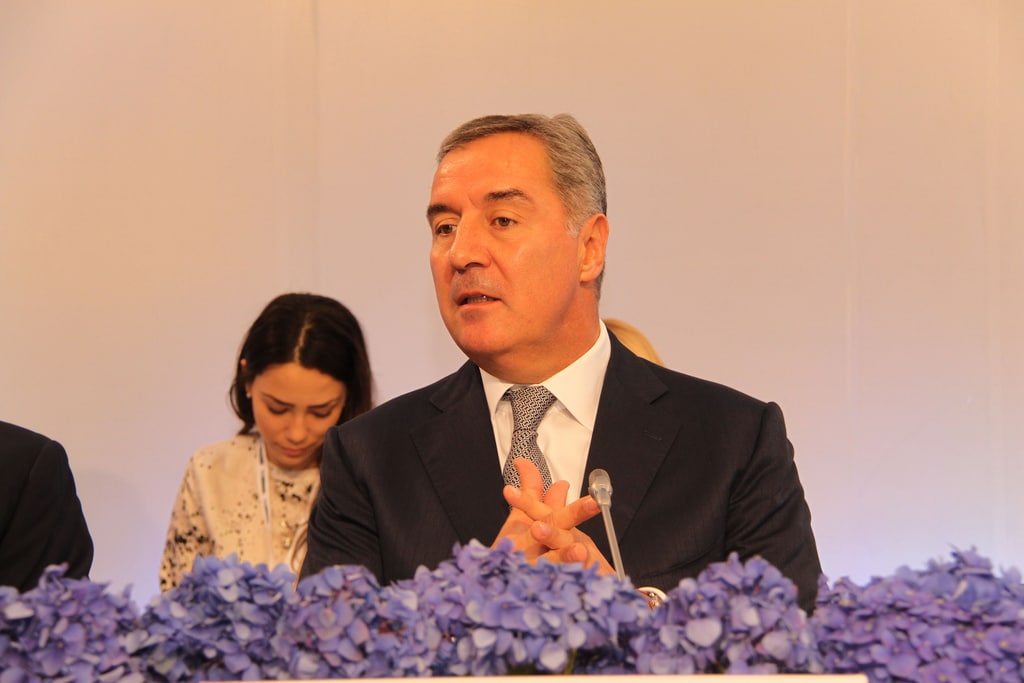
On 15 April, Milo Djukanovic (Democratic Party of Socialists, DPS) won the presidential election in EU candidate Montenegro. A generation of Montenegrins grew up with Djukanovic as leader: since 1991, he has been prime minister six times and now, for the second time, president. His long rule is not uncontroversial. He allegedly enriched himself during Western sanctions against the former Yugoslavia in the 1990s by working closely with organised crime. In 2002, for instance, the prosecutor in the Italian city of Naples issued an arrest warrant for Djukanovic's alleged role in cigarette smuggling. Despite the EU perspective - Montenegro is currently negotiating accession - the democratic transition is stalled by authoritarian leadership of one of the longest-serving leaders in Europe.

